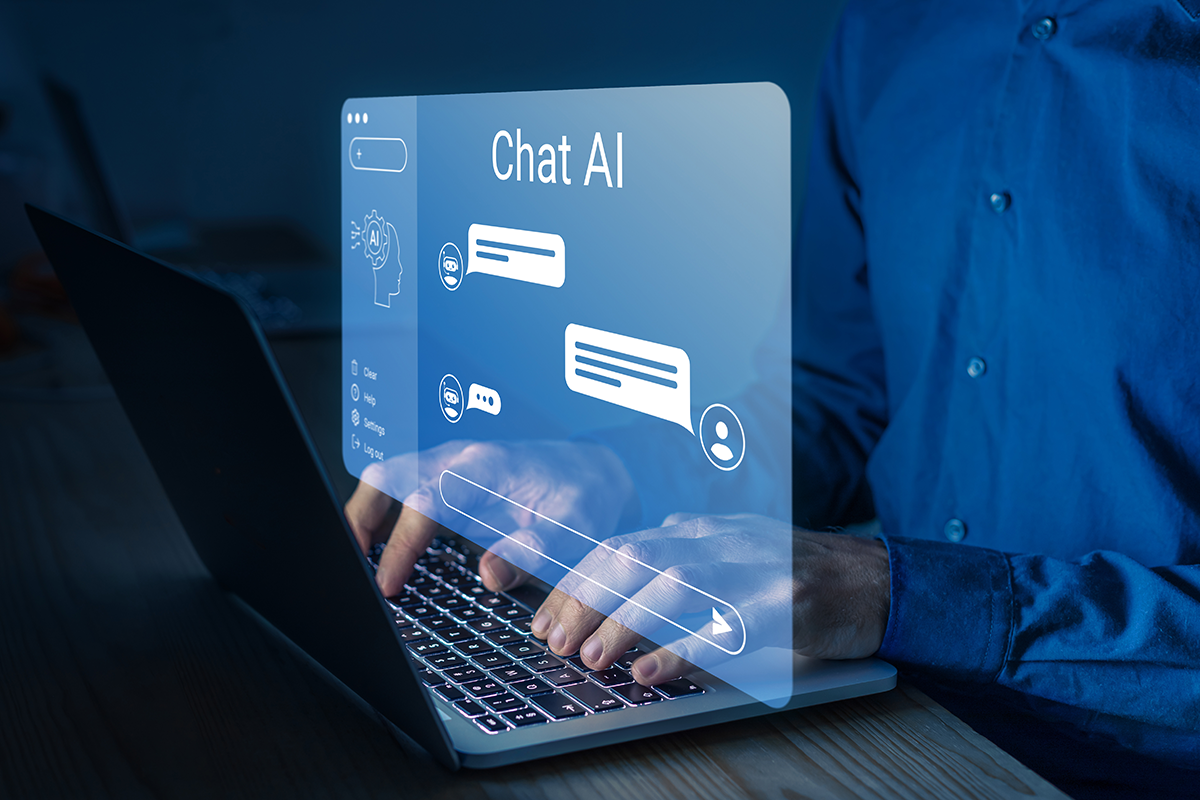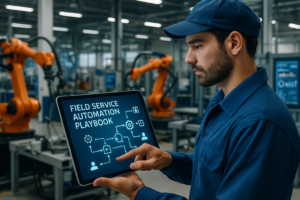
Exploring the vast landscape of AI, understanding Generative AI (GenAI) becomes paramount. GenAI’s applications in assisting workers have far-reaching implications across industries—manufacturing, healthcare, consumer business, and beyond. Its potential seems limitless.
GenAI’s omnipresence is undeniable. Whether in the headlines, marketing materials, or in the everyday use of tools like ChatGPT, its influence is pervasive. While its personal applications are amusing and helpful, the real excitement lies in applying such powerful models to products and services for an unparalleled customer experience and operational efficiency.
According to a June 2023 McKinsey & Company report, GenAI could contribute trillions to the global economy, projecting an annual value ranging from $2.6 trillion to $4.4 trillion across 63 use cases. This forecast, representing a significant increase in the impact of artificial intelligence (15 to 40 percent), could double with GenAI integrated into existing software beyond the initially examined use cases.
Transforming Customer Success with GenAI
Imagine a scenario where a customer seeks support, and a GenAI model retrieves precise data, delivering a perfectly articulated response. The result: a satisfied customer, a resolved issue, and significant cost savings. First-touch resolution is achieved without deploying trucks or technicians, thanks to GenAI’s ability to guide users through self-service processes.
But how will these theoretical solutions play out in reality?
Optimizing AI-Powered Customer Interactions
Frontline teams, extending beyond service technicians, are considered brand ambassadors crucial to shaping customer relationships. A notable 65% of mobile workers surpass other service professionals (60%) in their awareness of these expectations (Salesforce Research, 2022).
Amid rising customer expectations, 60% of organizations face increased case volumes, posing challenges to ensuring positive outcomes in every customer interaction. However, strategic initiatives, including budget increases (62%) and headcount expansions (61%), coupled with automation and AI integration, empower mobile workers to deliver exceptional service experiences efficiently.
To maintain personalization with a human touch, organizations can optimize AI-powered customer interactions by advocating agent review and validation of AI-generated content.
Paving the Way for GenAI with Youreka
The crux of effective AI models lies in accessible and relevant data. Youreka plays a vital role in this process, offering dynamic smart forms to collect mission-critical data. Whether online or offline, Youreka gathers precise information directly on the Salesforce platform. With logic, required questions, validation rules, and form interconnections, Youreka ensures accurate structured data, laying the groundwork for intelligent AI decisions. This meticulous data collection with context serves as the baseline for effective AI algorithms, enabling thoughtful customer responses and smart suggestions.
Salesforce and Youreka: Unlocking Efficiency and Security
The Role of a Unified Platform
In the dynamic realm of AI-powered customer interactions, a unified platform is pivotal. Youreka, as a Salesforce native application, seamlessly integrates with Salesforce’s Customer 360. This integration provides a centralized hub for all customer touchpoints, streamlining operations and optimizing the overall customer experience.
Addressing Privacy and Security Concerns
Privacy and security are essential in AI applications. It’s crucial to safeguard sensitive company information. Salesforce’s Einstein trust layer provides a robust solution to ensure data relevance, accuracy, and security in Generative AI models.
The ever-evolving interaction with technology emphasizes the importance of capturing accurate and relevant data, essential for building informed, effective AI models. The journey into the age of Generative AI and its transformative impact on customer interactions has just begun.




